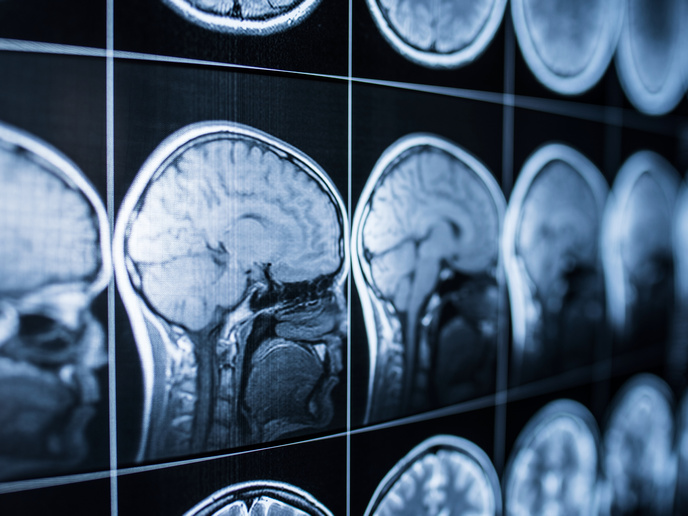The effects of anthocyanins in humans
Anthocyanins are plant-derived compounds that have showed a range of positive health effects in animal studies. However, there is no evidence of these effects in controlled human trials. The EU-funded ATHENA(opens in new window) (Anthocyanin and polyphenol bioactives for health enhancement through nutritional advancement) initiative aimed to use human studies to measure the effectiveness of dietary anthocyanins in keeping chronic diseases at bay. ATHENA studied dose response, mechanisms of action, and bioavailability of anthocyanins and their health-promoting qualities. ATHENA developed foods from corn and tomato with varying anthocyanin content to determine dose-response relationships and assess the benefits of different compounds. Transgenic tomato lines were successfully combined to produce high levels of resveratrol, isoflavones, genistin and pelargonidin-based anthocyanins. The researchers found that risk factors for heart disease decreased in response to anthocyanin consumption in human epidemiological studies. ATHENA found that dietary anthocyanins may also offer protection against radiation damage from radiotherapy treatment for breast cancer. Project members assessed if anthocyanin consumption can limit cardiovascular risk in mice and rats. The team designed new protocols to test the effect of anthocyanin-containing cereals on gut microbiota composition. ATHENA assessed the anti-obesity effects of an anthocyanin-enriched diet on mice by comparing their differences in gene expression with mice on high-fat anthocyanin-free diets. They found that anthocyanin consumption limited obesity-promoting epigenetic changes in mice on a high-fat diet. They also found some anthocyanins increased glucose tolerance, suggesting a role in diabetes treatment. Researchers then generated a variety of pure anthocyanins for bioactivity and feeding trials. Approval has already been obtained for an epidemiological study in humans. Finally, ATHENA developed a database with information on anthocyanins as well as macro- and micronutrient levels in different foods. This research has demonstrated the potential value of anthocyanin enrichment to address human health risks.







